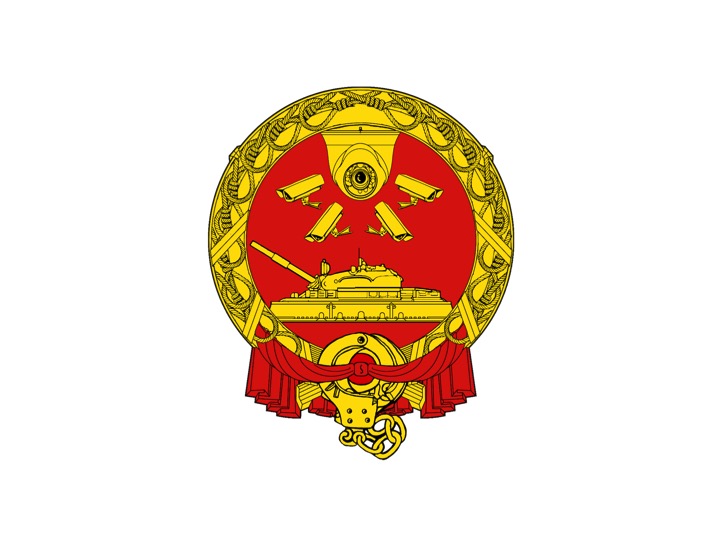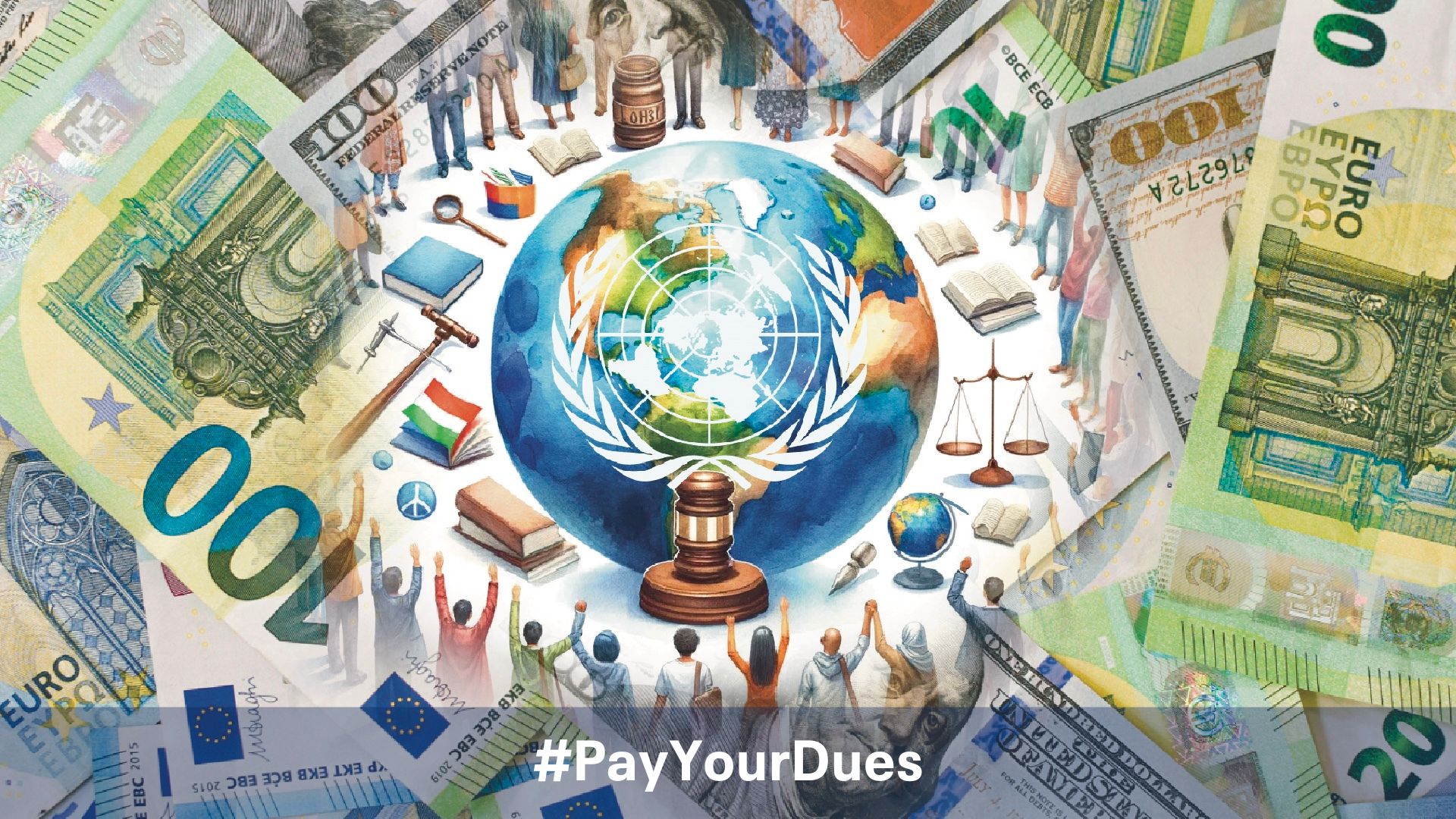The time is right for governments to initiate a resolution at the Human Rights Council to address human rights violations in China, say global civil society groups.
For years, advocates and victims have come to the Human Rights Council to share their stories. And in general, governments supportive of human rights defenders and the protection of human rights have done what they can to put political pressure on China – at the best of times, aided and encouraged by constructive yet pull-no-punches assessments of the UN’s independent human rights experts.
However, the mass detention of an estimated one million Uyghur and other Turkic Muslims in China, and structural and systemic discrimination against all ethnic and religious minorities, represent such a grave violation of human rights that it demands a heightened response from the international community.
‘The Chinese authorities’ brutal and surgical suppression of fundamental freedoms of Uyghurs and other ethnic minorities is precisely the kind of problem the Council was formed to identify and address,’ says Sarah M Brooks, ISHR’s Asia Advocate.
A broad-ranging group of more than three dozen NGOs representing and supporting Chinese, Uyghur and Tibetan communities are now calling on governments in Geneva to adopt a resolution at the March session of the Human Rights Council that would do just that. As outlined in a joint letter sent today, these groups say the Council must press China to:
- provide independent access to all parts of the country, and in particular areas populated by ethnic and religious minorities, by international human rights experts
- promptly reform national security legislation to meet international standards, and to stop using such laws to criminalise dissent and difference of belief
- release unconditionally any individual unjustly or arbitrarily detained, including in extralegal facilities such as Xinjiang’s internment camps
During its rights review in Geneva last November, the Chinese delegation defended its policies targeting Uyghurs as contributing to development and stability; allegations from other governments were cast as misinformed and influenced by groups hostile to China. In this context of ‘he said, she said’, States should also empower the High Commissioner for Human Rights and her Office to play a central role in efforts to collect, document and monitor the situation in China and to provide the Council with objective, informed reporting.
‘As a Council member, China should be held to a higher human rights standard,’ says Brooks. ‘Nonetheless, the Council has remained virtually silent during the four terms China has served as a member.’
‘The deterioration of respect for human rights and the rule of law, the increasing aggression towards shared values and universality, and growing global awareness of the Chinese State’s willingness to harass and harm those who think, speak or worship differently – even outside China’s borders – have become, with the outrageous abuses reported in Xinjiang, impossible to ignore. The Council has a chance now to make a critical contribution to the protection of human rights in China.’
The full text of the letter is copied below.
For any inquiries, please contact Sarah M Brooks at s.brooks[at]ishr.ch or @sarahmcneer.
Photo credit: ‘Areya Road’, Flickr/David Stanley, available here.
30 January 2019
At upcoming session of Human Rights Council, States should pass resolution to address human rights violations in the People’s Republic of China
The past year was marked by vitally important monitoring and review of China’s human rights situation by the United Nations human rights system. The upcoming session of the UN Human Rights Council provides a key opportunity to reinforce the issues raised over the last year, and express collective concern about worsening rights abuse in China and the government’s failure to follow through on its obligations and commitments.
Considerable information has been available in the last year for governments to deepen their understanding of the situation in the country, spanning two UN reviews and nearly two dozen expert letters or opinions, including a full paragraph in the annual update from the UN High Commissioner for Human Rights. Nonetheless, the Chinese state, at the direction of the Chinese Communist Party, continues to suppress dissent and undermine efforts to hold it accountable to its obligations under international agreements.
Millions in the country face dire abuses of their fundamental human rights – be they members of ethnic groups, practitioners of Islam, Tibetan Buddhism or Christianity, human rights defenders, feminists, petitioners, lawyers, journalists, professors or students. Uyghurs and Tibetans are particularly targeted with discriminatory policies and practices. Furthermore, these abuses increasingly affect individuals and communities beyond China’s borders.
In light of this, the international community must push with one voice for change. We urge your government to support and adopt a resolution on the human rights situation in China.
In doing this, you will join with others to make clear that no State’s development model or economic and political influence can exempt it from its international human rights obligations. If China seeks to be a responsible member of the United Nations and global actor, it should be open to and engage with criticism, rather than seek to deflect or discredit views with which it disagrees.
Such a resolution and any other joint action at the Council should:
- urge prompt, unfettered and independent access to all parts of the country, in particular Uyghur, other Turkic Muslim and Tibetan areas, by independent international human rights experts, including the UN High Commissioner for Human Rights and relevant UN Special Rapporteurs;
- demand an end to the abuse of national security legislation as a means of criminalising the work of human rights defenders, freedoms of expression, association, religion or belief and subverting due process, and call on China to seek technical assistance from UN experts to this end, including at the Office of the High Commissioner for Human Rights (OHCHR).
- call for the immediate release of any and all individuals subjected to unlawful and unjustified deprivation of liberty, in particular those held extra-legally or in extended pre-trial detention, and provide remedies and reparations to address harsh treatment, at times including torture, and loss of livelihoods.
- express support for the OHCHR and UN Country Team to take steps to expand, improve and regularise monitoring and reporting of the situation in China.
Resisting efforts by China to shield itself from international scrutiny, analysis, and reporting is essential to preventing widespread impunity for violations which, in some cases and based on available reporting, may amount to crimes against humanity. This resistance has the greatest, and perhaps only, chance of success when conducted jointly, and when backed by a multi-pronged multilateral and bilateral effort.
We therefore urge you to take advantage of this moment, and the platform of the Human Rights Council, to convey to China the need to open itself to international monitoring and reporting, and the need for rapid and drastic improvement of its human rights performance across all civil, cultural, economic, political, and social rights.
In so doing, you will demonstrate your commitment to supporting the Chinese, Tibetan and Uyghur human rights communities – those most central to sustainable change, and yet those most vulnerable in the struggle for it. You will also send a clear message to the Chinese government that such abuses cannot be tolerated or ignored, and that the international community will defend the universality of human rights.
Sincerely,
Asian Forum for Human Rights and Development (FORUM-ASIA)
Asociación Cultural Tibetano-Costarricense
China Human Rights Accountability Center
China Labour Bulletin
Christian Solidarity Worldwide
CIVICUS
Core Group for the Tibetan Cause
Free Tibet
Frontline Defenders
Grupo de Apoio ao Tibete
Human Rights in China
Humanitarian China
International Campaign for Tibet
International Commission of Jurists
International Federation for Human Rights (FIDH)
International Service for Human Rights
International Tibet Network Secretariat
Lawyers for Lawyers
Lawyer’s Rights Watch Canada
LUNGTA – Actief voor Tibet
Network of Chinese Human Rights Defenders
PEN America
Safeguard Defenders
Students for a Free Tibet
Students for a Free Tibet Denmark
Swedish Tibet Kommitten
The Rights Practice
Tibet House, Moscow
Tibet Initiative Deutschland
Tibet Justice Center
TIBET LIVES
TibetMx Querétaro
Tibet Society UK
Tibet Support Group Netherlands
Tibet Watch
Tibetan Youth Association Europe
Uyghur Human Rights Project
West Africa Human Rights Defenders Network (ROADDH)
World Organisation Against Torture (OMCT)
World Uyghur Congress
Relevant Background
The below points summarize key updates from the last six months and provide additional detail for the substance of a resolution. It is important to note that joint action should not preclude continuing the positive practice of raising the overall deterioration of human rights in China through bilateral statements under the full range of dialogues and general debates on the Council’s agenda.
- In August 2018, a review by the Committee on the Elimination of Racial Discrimination declared that western China’s Xinjiang region was akin to a ‘no-rights zone’, and urged the government to take prompt action to disclose information about internment camps and to release the up to one million Uyghurs, Kazakhs and other Muslim minorities arbitrarily detained there.
- In her update to the September 2018 session of the Human Rights Council, the UN High Commissioner on Human Rights Michelle Bachelet echoed the Committee’s concerns, noting ‘deeply disturbing allegations of large-scale arbitrary detentions of Uighurs and other Muslim communities, in so called re-education camps across Xinjiang’ and adding that her Office has also received ‘reports… of patterns of human rights violations in other regions’. She requested access for her Office to all regions of China.
- At the Universal Periodic Review of China in November 2018, the consistency of recommendations related to the need to improve respect for minority rights in general, and in particular address serious violations in Xinjiang and Tibet, was remarkable. Similarly, key issues of interest to the diverse human rights community in mainland China – freedom of expression and opinion, freedom of religion or belief, civil society space, ‘residential surveillance in a designated location’, and protections for LGBTI individuals – were clearly articulated.
- Over 2018, the UN Special Procedures issued at least 21 official communications on China, on issues ranging from access to education and cultural rights for Uyghurs and Tibetans; to due process violations, including risk of torture and suppression of the legal profession; to forced evictions and occupational safety risks for electronics workers. Also in 2018, the Working Group on Arbitrary Detention adopted at least two opinions, concerning two citizen journalists and three lawyers, deeming their detentions in China arbitrary under international human rights law.
- Naming specific individuals is critical; this contributes to sustained attention and improved conditions. Those who have been the subject of Communications by Special Procedures and, in some cases, referred to in the Concluding Observations of UN treaty bodies, include: Huang Qi, Li Yuhan, Jiang Tianyong, Qin Yongmin, Tibetan language advocate Tashi Wangchuk, Uyghur intellectual Ilham Tohti, and human rights lawyer Wang Quanzhang, sentenced after a closed trial on 26 December 2018 to four and a half years imprisonment for subversion of State power.
- An additional Communication by 10 Special Procedures, issued in August 2018, called for the removal of legal provisions permitting ‘residential surveillance in a designated location’, echoing concerns of the Committee against Torture that this constitutes de facto incommunicado detention.




